
In the wake of renewed Israeli attacks on the Gaza Strip, with seemingly no end in sight and countless Palestinian civilians killed, many people are wondering how they can contribute to the effort to prevent more loss of life. And one of the most common phrases shared in calls to action globally is the Palestinian BDS Movement: Boycott, Divestment, and Sanctions.
Started in 2005 by a coalition of Palestinian unions, refugee networks, women’s organizations, professional associations, popular resistance committees, and other Palestinian civil society bodies, the BDS movement aims to use boycotts, divestment, and sanctions as a form of nonviolent pressure for Israel to comply with international law. Alongside more familiar practices of company boycotts and government sanctions, divestment campaigns urge institutions like banks and churches to withdraw investments from the State of Israel.
We know for a fact that the South African anti-apartheid movement, which serves as inspiration for the Palestinian BDS movement, worked because of international support. For individuals, boycotting—the B in BDS—is the most achievable action and doesn’t require much time if you know which companies to target. So, which companies are on the boycott list for BDS and why?
New grassroots BDS boycott targets
While these companies aren’t listed on the international BDS movement website, boycott campaigns have spread in response to pro-Israeli sentiment or actions taken by these companies, prompting action from consumers.
Starbucks
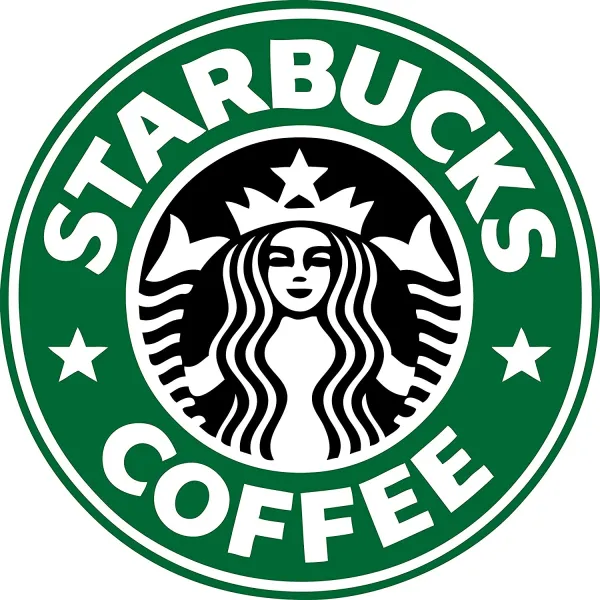
Never one to shy away from controversies, Starbucks has attracted a new boycott campaign after announcing a lawsuit against Starbucks Workers United for trademark infringement. This infringement comes in the form of the Starbucks union using the company logo in a tweet showing solidarity with Palestine, to which Starbucks responded by saying these views do not represent the company. As a result, many people have taken this union-busting, anti-Palestinian stance as a signal to boycott Starbucks.
Burger King, McDonald’s, Domino’s Pizza
These three fast food chains are all placed in the same category here for the same issues. Franchises of Burger King, McDonald’s, and Domino’s have all given away free food to the Israeli military over the past few weeks, leading to subsequent calls for boycotts of the companies worldwide. While multiple franchises, including other McDonald’s, have distanced themselves from their Israeli counterparts, in a response to ABC, McDonald’s stated that it is “primarily focused on ensuring the safety of employees” and that it made a donation of $1 million, split evenly between Red Cross and The World Food Program.
Disney
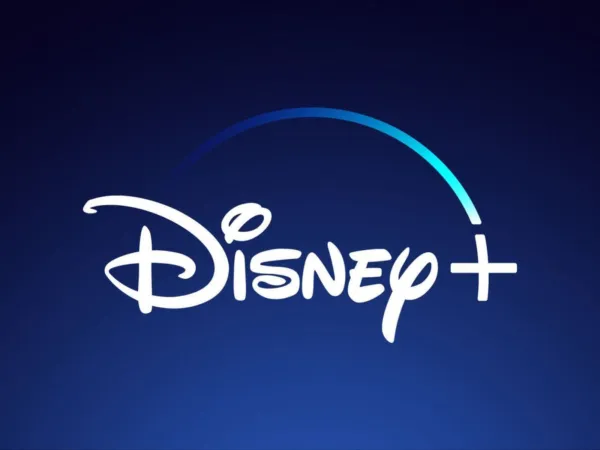
Disney has come under fire for direct support of Israel, in addition to the $2 million CEO Bob Iger pledged in funds for humanitarian relief in Israel after Hamas’ horrific terrorist attack, specifically Magen David Adom and Red Crescent Societies. Iger said that Disney will match up to $25k in charitable donations from employees, yet the CEO has only reached out to Jewish Disney staffers in particular, according to Deadline.
Consumer boycott targets listed by BDS
These companies are a particular focus on the BDS movement website for maximum impact, according to the Palestinian BDS National Committee (BNC).
HP
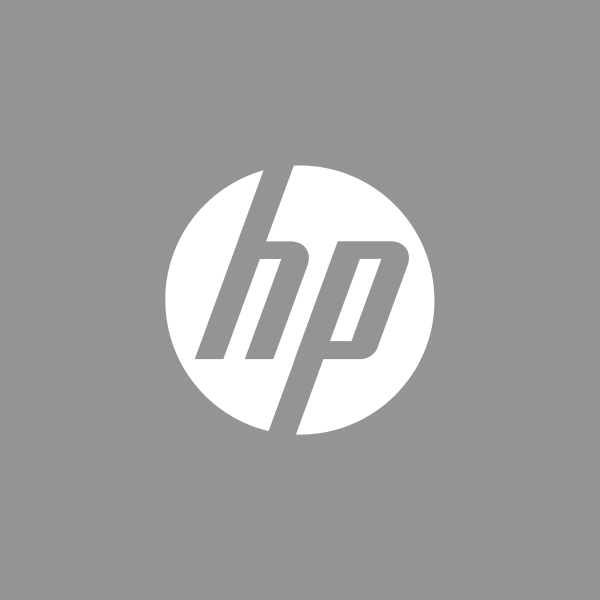
HP—both in its consumer division as HP Inc. and on the business/government side as Hewlett Packard Enterprise—handles multiple forms of technology for the Israeli military and police. Additionally, HP servers exclusively run the Aviv system, documenting all checkpoint crossings via biometric ID (including any in and out of Gaza) and the “Yesha database” (Hebrew acronym for West Bank and Gaza) that compiles information on Israeli citizens and illegal settlements on the West Bank.
Siemens
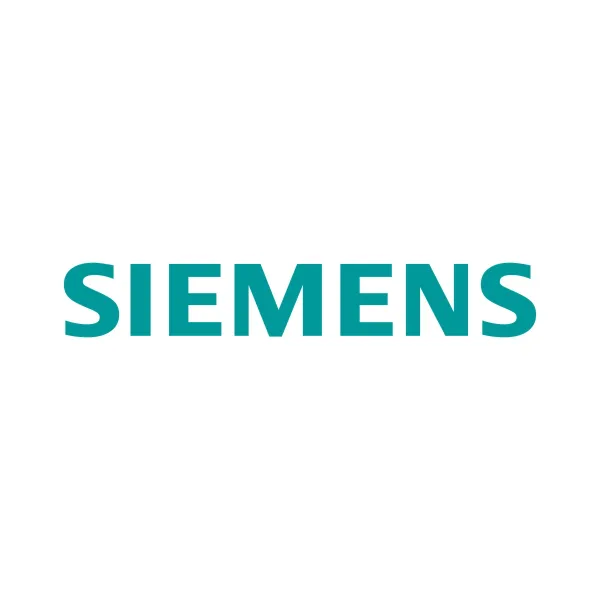
The German energy conglomerate Siemens, while also supplying train cars for the Israel Railways service, is the contractor currently building the EuroAsia Interconnector, a subsea cable that will link Israel’s electricity grid with Cyprus, Greece, and greater Europe. Israel currently controls the electricity grid for the Gaza Strip as well.
Puma
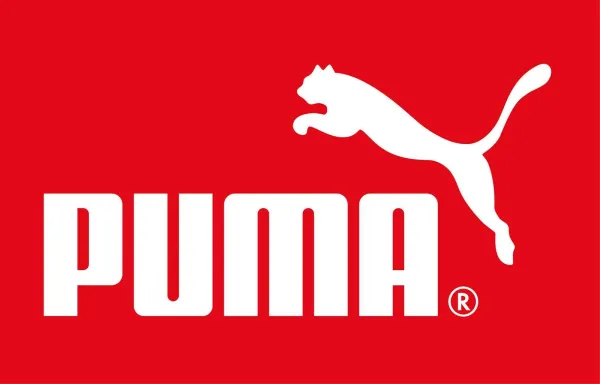
Global sportswear company Puma’s licensees operate in illegal Israeli settlements on occupied Palestinian land, as reported by Human Rights Watch. The only international sponsor of the Israel Football Association (following an international campaign against Adidas), Puma’s sponsorship puts it in direct opposition with the United Nations for supporting teams considered “illegal under international law.”
Carrefour
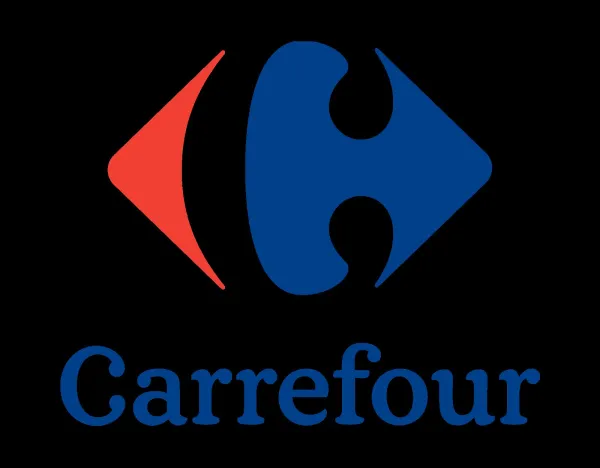
This newest addition to the BDS list may tilt some heads for readers in the US, but French hypermarket chain Carrefour is the eighth-largest retailer in the world (think a French version of Walmart or Kmart). Carrefour also has 150 supermarket branches in Israel, aptly named Carrefour Israel, in partnership with Yenot Bitan, with many of these branches spread across settlements in the occupied West Bank and East Jerusalem.
SodaStream
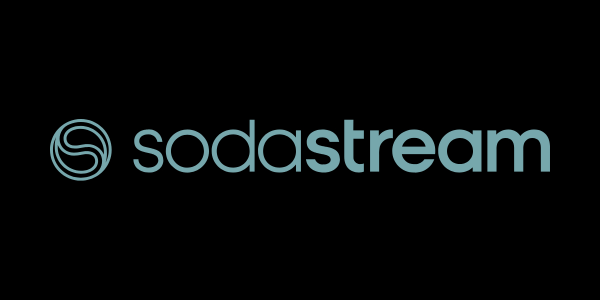
A longtime focus of the BDS movement, SodaStream has come under fire in the past for its mistreatment of Palestinian workers and factories encroaching on the land of the Indigenous Bedouin people. While the Bedouin are historically nomadic and have spread throughout West Asia and North Africa, the Bedouin people have existed in the Negev desert for hundreds (and by some estimates, thousands) of years, and this land is where SodaStream has its current factory in Israel.
While press surrounding SodaStream and BDS has quieted over the past few years, their purchase by PepsiCo confirmed that the company is still on the boycott list. SodaStream CEO Daniel Birnbaum was quoted as saying, “Look at what happened to SodaStream that they targeted, and what has happened to them.”
AXA
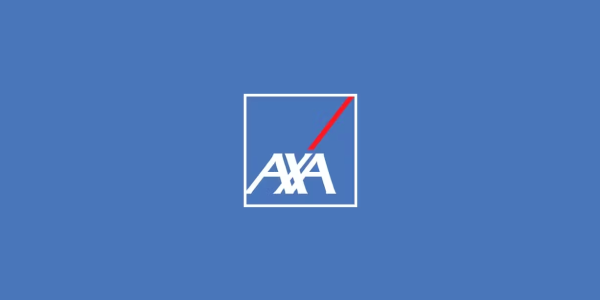
Commonly referred to as the “insurance company of Israeli apartheid” by the BNC, the multinational insurance giant AXA is also a major investor in Israeli banks. With over $15 million in shares and bonds based on a DBIO (Don’t Buy Into Occupation) report from 2022, AXA is using the money from its insurance policies to directly support Israel. AXA has notably gone on record against the invasion of Ukraine but has not issued a statement on Gaza.
Ahava
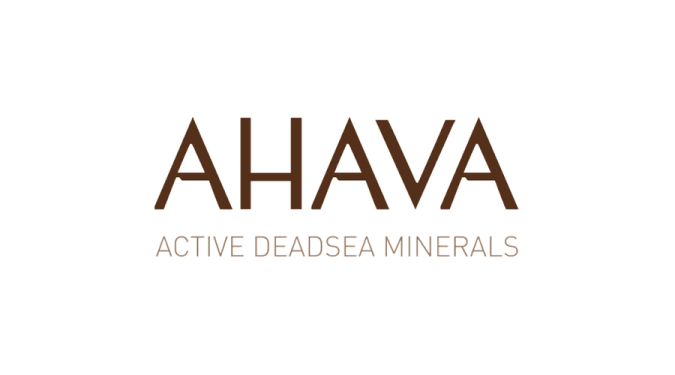
Finally, Ahava Dead Sea cosmetics are on the BDS list for operating a factory on the occupied West Bank. Following campaigns against the company in the US and in Europe, Ahava released a statement in 2016 suggesting that it was moving out of the Mitzpe Shalem settlement to another facility in Ein Gedi. However, a cursory search suggests that the West Bank location is still very much operational.
(featured image: BDS Movement)
Have a tip we should know? [email protected]
